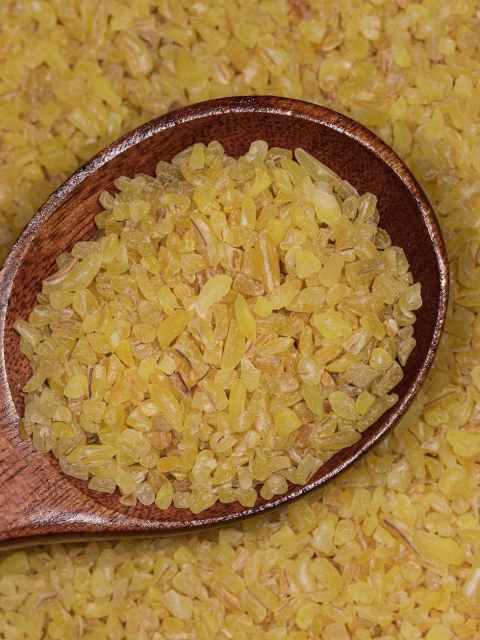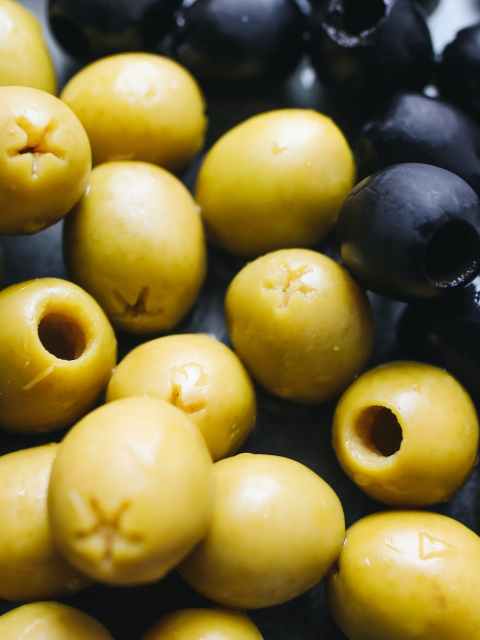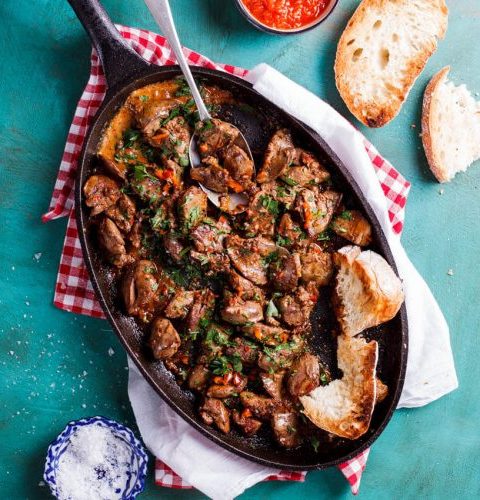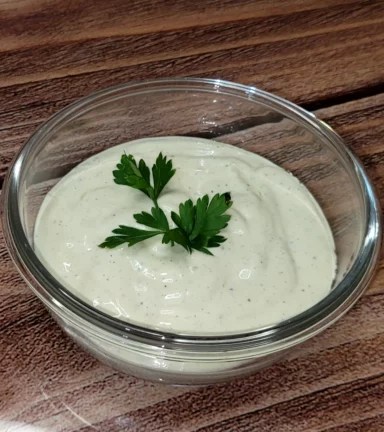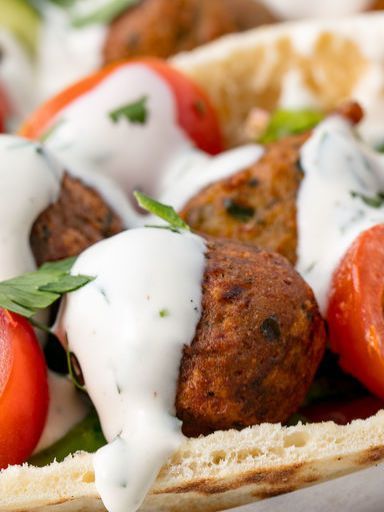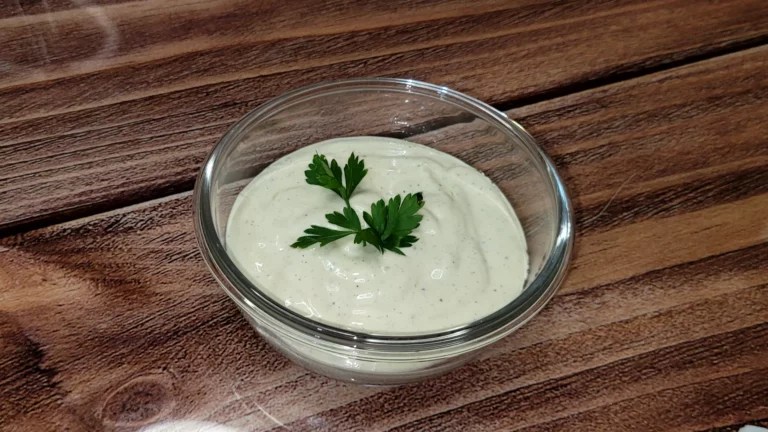
Latest Recipes


The Rise of AI in Food Photography: Creating High-Quality, Customizable Images Efficiently
Discover how AI is revolutionizing food photography, allowing bloggers and photographers to create high-quality, customizable images quickly and easily.
Sample Mediterranean Meal Plan for a Week: Greek-Inspired Recipes and Health Benefits
The Mediterranean Diet is one of the most popular and well-researched diets in the world, known for its emphasis on healthy fats, whole grains, and fresh fruits and vegetables. One of the best ways to …
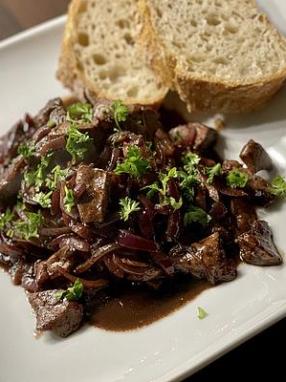 A Appetizer
High Protein
A Appetizer
High Protein
The Original Recipe of Venetian Liver
What I’m talking about today is the traditional recipe of Venetian liver, a typical second course of Venetian cuisine based on freshly floured liver and abundant onions cooked in a pan slowly with oil, butter …
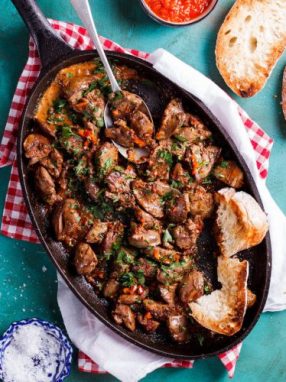
Liver: Types, Cooking Methods, and Recipes
It is an ingredient that is generally accompanied by “skepticism”, because appearance, color, texture and above all origin make it different from the classic cuts of meat: yet, the liver is a precious food, one …
How to Clean and Care for Wooden Spoons: Tips and Tricks
Despite the technology that advances and rages even in the kitchen, there is a utensil that resists the passage of time and continues to prove to be the most suitable tool for mixing sauces or …
The Best Way To Pickle Olive
How are olives pickled? The answer is very simple just like the preparation: just a long soak of the olives in water before decanting them and covering them with brine. Preserving olives in this way is practically within everyone’s reach and …
Marinating Chicken: How to Enhance Flavor and Tenderize for Delicious Results
White meats, and in particular chicken, are appreciated for their ease of cooking and low-calorie intake: to make them even better and discover original tastes, then, we have an interesting opportunity. Marinating the chicken, in …
Essential Guide To Homemade Pasta
Each format represents a regional variation, each step and little trick speaks of a different family history, of a custom that is transmitted to today’s kitchens starting from those of the past. Whether they are …
How To Use The Bread Leavening Basket
How do you make bread at home? Basically, you need very few ingredients – just water and flour are enough, in addition to yeast – but in reality, baking is a complex and very wide …


